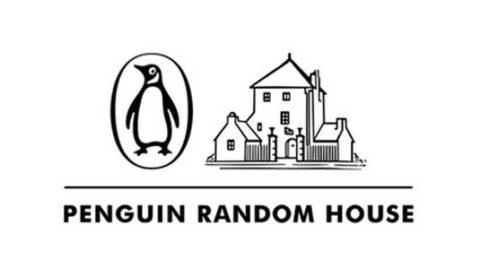In the latest SHuSH newsletter, Kenneth Whyte updates us on the state of play in the long-running drama in the publishing world:
SHuSH readers know that back in November 2020, the fattest of the world’s five big publishing companies, Penguin Random House, outbid the second fattest, Rupert Murdoch’s HarperCollins, to acquire a listless third member of that group, Simon & Schuster.
Regulators in the UK, Canada, and the USA immediately began studying the $2.1-billion cash deal to determine if it would result in too much concentration of ownership and not enough competitiveness in the big leagues of book publishing. Last November, the US department of justice decided it would and sued to block it. A trial is expected this summer. Penguin Random House has until November to close the deal or it expires (with PRH owing S&S a dead-deal fee of $200-million).
For those of you who think in literary terms, the deal is Chekhov’s gun, and we’re coming in hard on the third act. Either S&S gets shot (acquired) or the play ends in an anticlimax (although whoever has been stewarding the deal at PRH may get shot by its parent company, Bertelsmann.)
If the deal fails, we’re in for a sequel because the current owner of S&S, Paramount (formerly ViacomCBS) won’t want it back. It is a motion picture/television company in the process of selling everything it owns not directly related to screen entertainment. It hopes to cement its status as a fourth-rate streaming service. S&S no longer fits, if it ever did.
Our view of the PRH-S&S deal is that the department of justice suit will fail to block the merger and S&S will be swallowed whole. It will be difficult to present the merger as the end of competition in the book industry when there are still four large publishers operating in the US, and a shitload of mid-size and smaller publishers. Combined, PRH&S&S may amount to less than a third of the American trade book market, and as little as 20 per cent, depending on how you do the math. That’s a long way from monopoly.
The DOJ, moreover, has chosen to fight its battle on low ground. It’s saying that the deal is bad for competition in books generally, but it is particularly concerned that the merger will result in less competition for the services of writers of anticipated top-selling books, loosely defined as authors commanding huge advances. You read that right: the DOJ is seeking justice for the .001% of the literary world. We argued all this at length, and destroyed the government’s case back in SHuSH 123.




